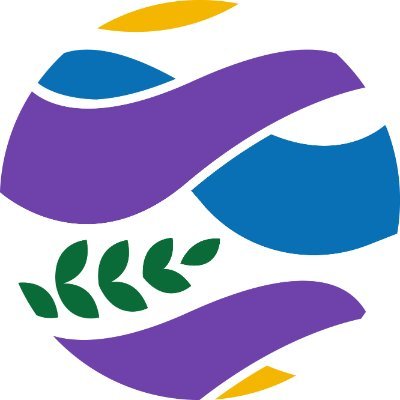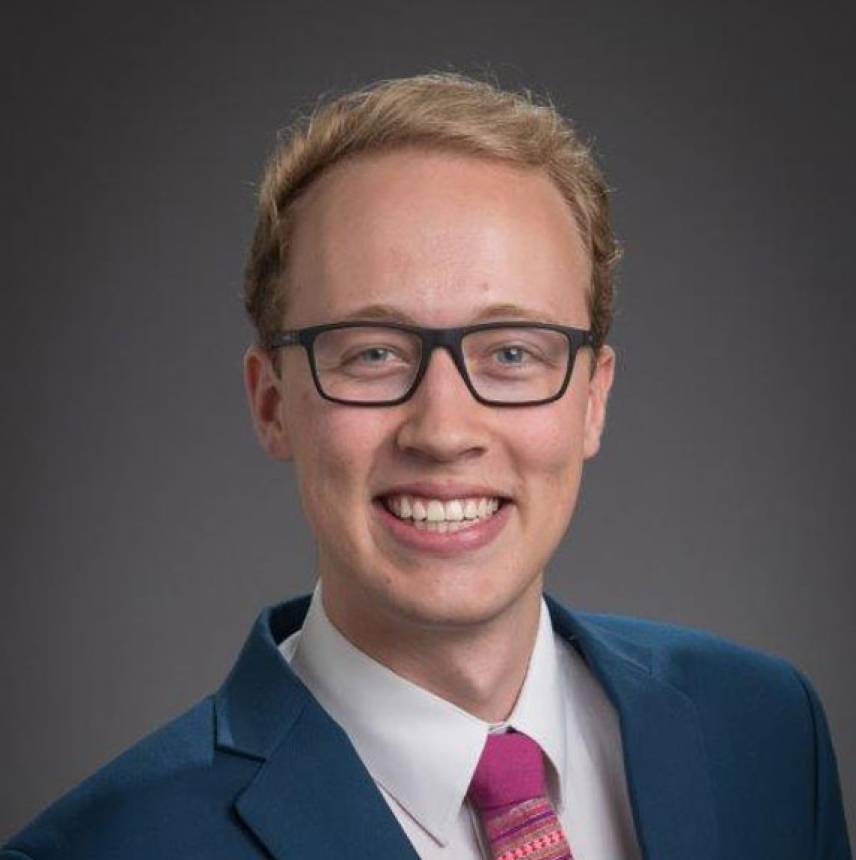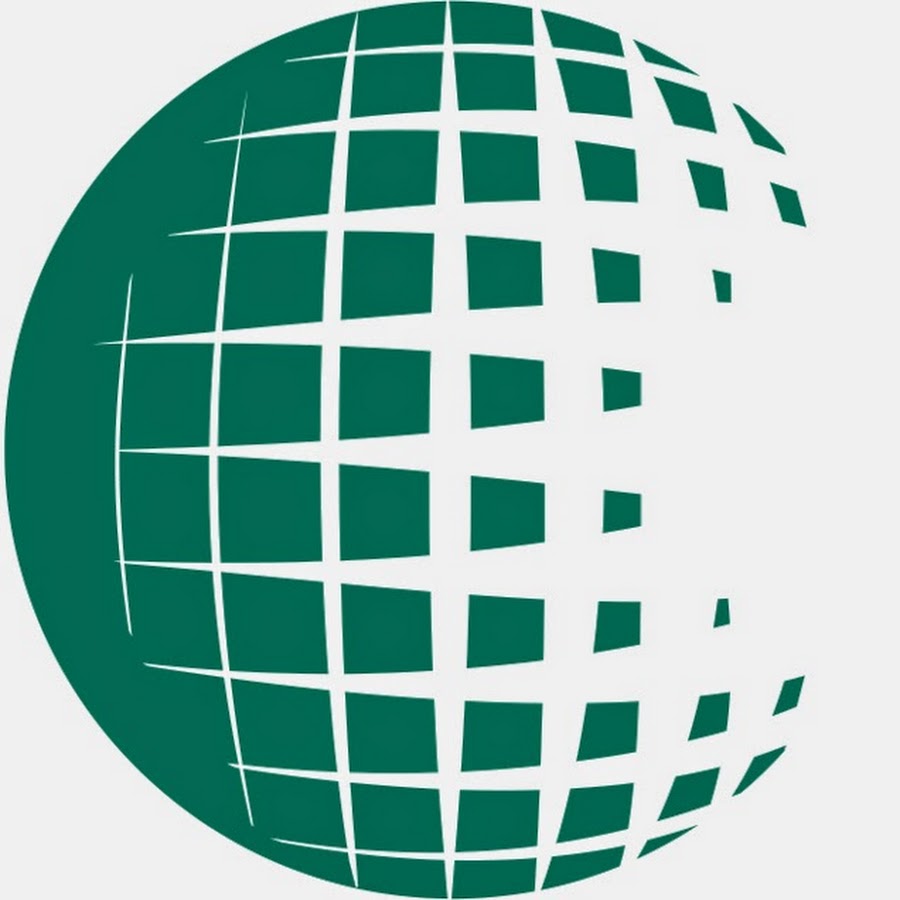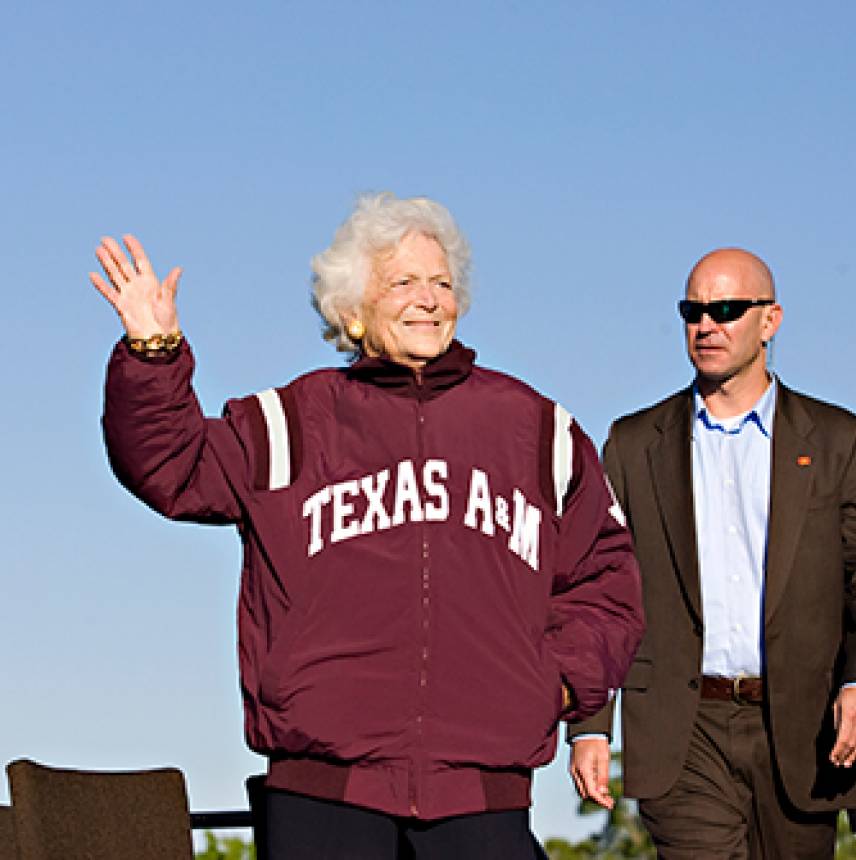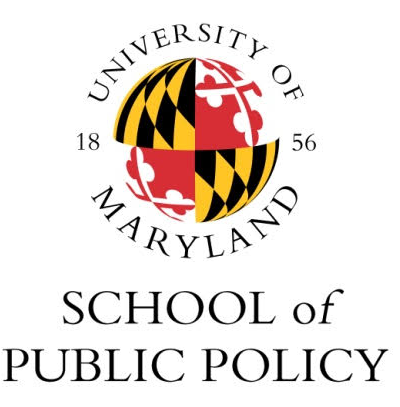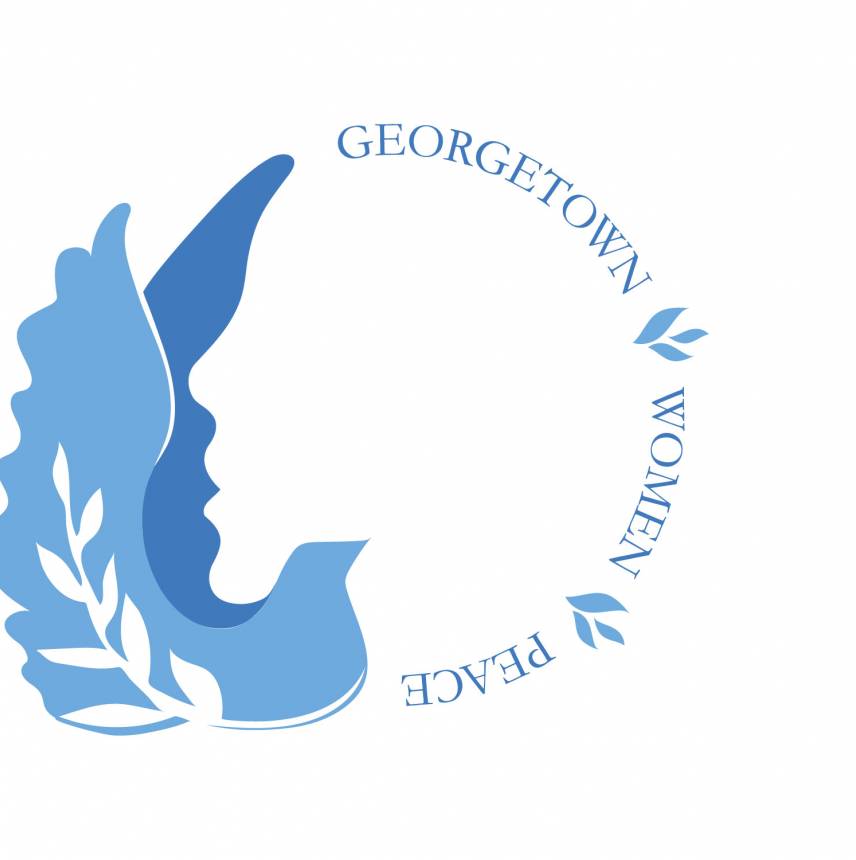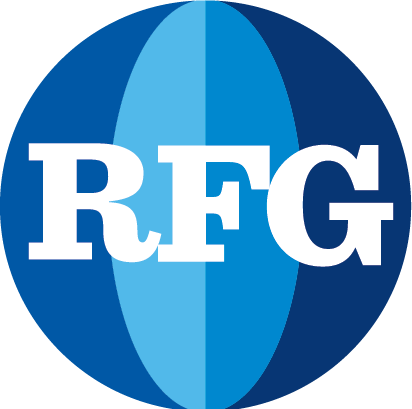
Last May, as the novel coronavirus spread and government employees began to realize temporary shut-downs might extend into summer and beyond, Nora Dempsey started hearing what she calls “stories of woe” about cancelled summer internships.
Dempsey is the senior advisor for innovation in the Office of eDiplomacy at the U.S. Department of State and the interim director of the Virtual Student Federal Service (VSFS), an institutional parter of the Robertson Foundation for Government. She and Megan Kuhn, a program analyst and head of student outreach for the VSFS, run a two-person operation that has become the largest virtual internship in the world. The VSFS has been harnessing technology for over a decade to facilitate new forms of diplomatic engagement for young people. VSFS has placed nearly 9,000 students in virtual academic-year long internships at more than 70 federal agencies in that period.
As Dempsey and Kuhn wrote in State Magazine earlier this month, “The federal government is usually faulted for being behind the curve, yet the Department of State was suddenly earning shout-outs as a virtual visionary. Those federal mentors familiar with VSFS urged the program to make its first-ever foray into summer internships. VSFS stepped in and converted 200 canceled in-person student internships into virtual ones.”
Already by June this year, leaders like Max Stier, President and CEO of the Partnership for Public Service, were touting FSVS’s success to Congress. He wrote a statement, for The House Committee on Oversight and Reform Subcommittee on Government Operations hearing entitled “Frontline Feds: Serving the Public During a Pandemic” in which he stated: “Several agencies have also been able to pivot their internship programs to the virtual world. Thanks to the support given by the Virtual Student Federal Service (VSFS), run out of the State Department, a number of agencies have avoided canceling scores of internships.”
The VSFS played an instrumental role in facilitating RFG’s summer internship program when nearly all of the 2021 Class faced the cancellation of their summer internships.
“With the exception of two scheduled internships, all of the rest were either cancelled or postponed indefinitely, some as late as June” says RFG Program Director, Alexandra Ghara. “We had to scramble to find backup options for these fellows. I reached out to Nora and she worked with me to match the fellows with suitable internship offices and arrange interviews.” Seven fellows were able to secure federal internships through the VSFS.
Dempsey says she is always delighted to place a Robertson Fellow in one of her virtual internships. “I can always guarantee the mentor will be pleased with the person and delighted with the work” they do, she says.
When Josephine Glenn (Maxwell, ‘21) learned that her internship with the U.S. Indo-Pacific Command had been cancelled, she worried she might not be able to find another internship to meet the requirements of her academic program. Luckily, Glenn secured a VSFS internship with the Policy Division of the Office of Policy, Planning, and Resources at the U.S. Department of State.
“VSFS provided a level of security and excitement at a time of great uncertainty. Because [the internship] was already virtual, I knew I would be given meaningful projects that were challenging. I was given the opportunity to do intensive work on a research project focused on network theory. This project was directly aligned with strategic priorities set out by my office. I was able to do a deep dive into network theory, create a template for future trainings, and conduct interviews with high level state officials for their perspectives on the networks at the State Department,” says Glenn.
In the end, the pandemic shone a spotlight on virtual internships, says Dempsey. “They make sense. They empower government and government workers perhaps even more now that all work is virtual.”
Since the VSFS only deals in unclassified positions, interns do not need a badge or security clearance to take part, she says. Yet many of the jobs are critically important.
“One thing that was mind boggling and important was the number of positions this summer that morphed quickly into fighting COVID-19. Health and Human Services used us to staff the task force at The White House. USAID used summer interns to pivot in global education to see how COVID-19 would affect education worldwide, including disability programs in education,” she says.
The VSFS program was first announced by Secretary Clinton at the May 2009 New York University commencement speech. “Working from college and university campuses, American students will partner with our embassies abroad to conduct digital diplomacy that reflects the realities of the networked world,” Clinton said at the time.
The Robertson Foundation for Government was an early supporter of the VSFS, providing funding to a company that helped build a microtasking site for the service almost ten years ago. The microstasking site eventually evolved into Open Opportunities, an exciting branch of USAJOBS focused on temporary professional opportunities for federal employees, allowing them to build on their resume, and network.
Dempsey says the long-standing relationship with the foundation has always been “very helpful in connecting government with youth and their potential. The relationship has always made us feel like a part of Robertson.”
VSFS began with 40 in-person summer interns who agreed to continue working virtually for the State Department for the 2009-2010 school year. USAID became the second federal agency to host virtual interns, during the 2012-2013 school year, followed by the three other “foreign affairs agencies” (USDA, DOC, and BBG) in the 2013-2014 academic year. By summer 2017 so many other agencies had joined that the VSFS was rebranded as the Virtual Student Federal Service.
The VSFS team continues to explore ways to foster virtual internship programming beyond the U.S. to further public participation initiatives worldwide, including with the Republic of Georgia and Australia.
Meanwhile, Dempsey says this past summer changed forever how government agencies work, and not just for internships.
Before the pandemic, there was a woman in her office who wanted to work from home a few days a week, but it was ultimately not permitted. “Now that is an old discussion,” says Dempsey. “Virtual work is better for the environment and better for work output.
“The (pandemic) experience will change the future of work. Work is no longer where you go, it’s what you do,” says Dempsey. “A generation that couldn’t imagine sitting at home alone and working, can connect now with students from the generation that can’t imagine it any other way.”
About the VSFS
Each year, federal employees submit project requests between May 1 and June 10. U.S. citizen college students apply to their top three VSFS projects from July 1-31 on USAJOBS.gov. VSFS supervisors review applications between August 1-31 and may contact VSFS candidates for a virtual interview. As part of the interview, candidates may be asked to show examples of their expertise and work. All candidates will hear by early September if they have been offered a position.
Selected eInterns work on their projects for ten hours a week from September through May. Some eInterns work with their academic institutions to receive course credit for their VSFS participation.
For more details, please visit the VSFS website.
